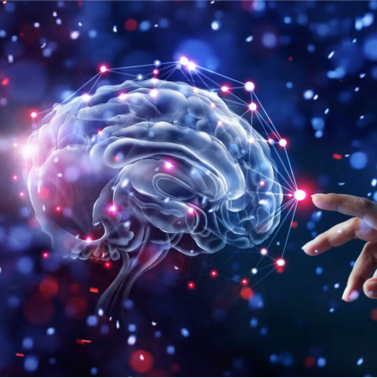

SPORTS PSYCOLOGY
Psychology and sports are intertwined in many ways, and their importance can be seen in various areas:
One crucial aspect is performance enhancement. Athletes often rely on their mental abilities to improve their performance. Mental training techniques such as visualization, goal-setting, and relaxation can help athletes focus on their performance and improve their results.
Another important area is stress and anxiety management. Sports can be stressful, and anxiety can negatively impact an athlete’s performance. Psychology can provide athletes with coping strategies to deal with pressure and maintain their focus.
Resilience is another crucial aspect that psychology can help athletes develop. Sports involve setbacks and failures, and resilience can help athletes persevere through difficult times, maintain their motivation, and achieve their goals.
In team sports, effective communication and collaboration are essential. Psychology can help build team cohesion by helping team members understand each other’s perspectives, resolve conflicts, and work together towards a common goal.
Finally, psychology can also help athletes maintain their overall well-being, including their physical and mental health. Interventions such as stress management, relaxation techniques, and counseling can help athletes stay healthy and achieve their full potential.



